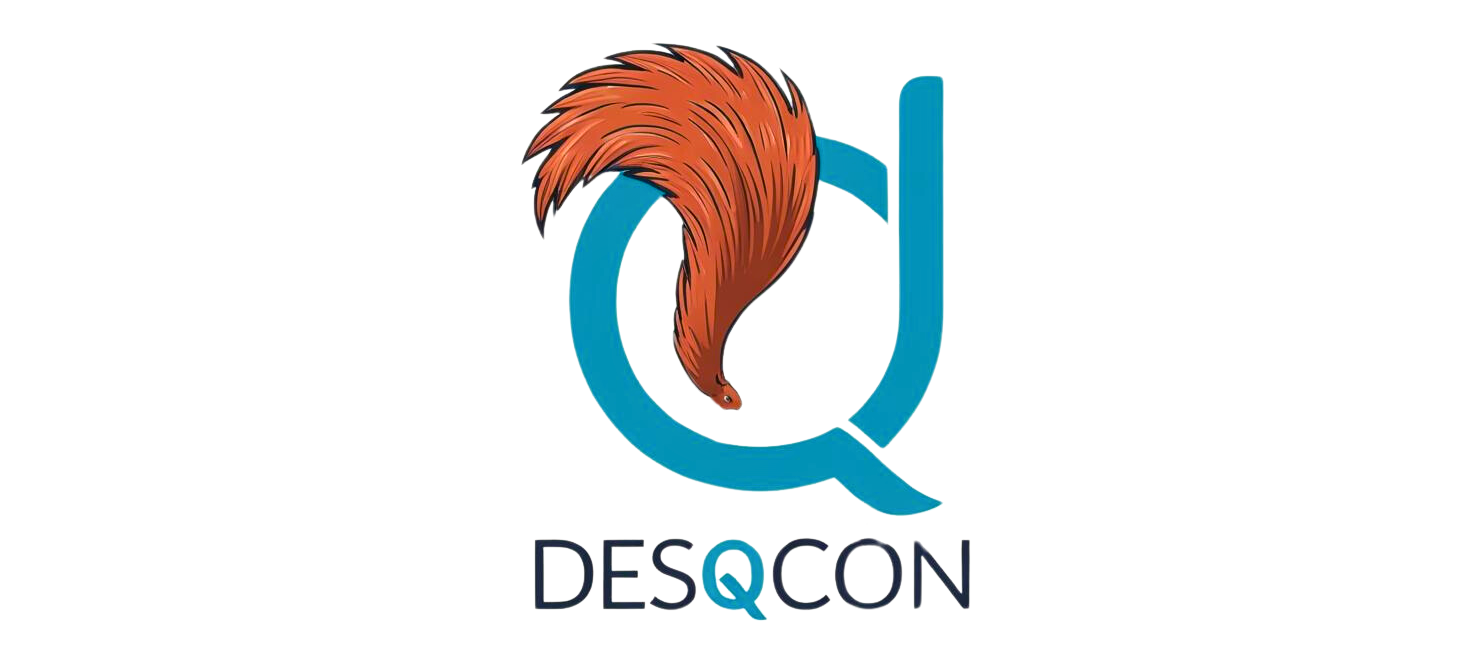The Evolution of ITSM: End of an Era or a New Beginning in the World of AI and Generative AI?
For decades, IT Service Management (ITSM) has been instrumental in enabling organizations across diverse sectors to effectively manage their IT infrastructure. By seamlessly integrating people, processes, and technology, ITSM has paved the way for enhanced productivity, reduced downtime, minimized repetitive incidents, optimized resource utilization, and risk-free technology transformations. Most importantly, it has elevated end-user satisfaction through structured service delivery and robust governance.
However, with the rapid advancement of Artificial Intelligence (AI), Machine Learning (ML), and Generative AI, the role and relevance of ITSM have come under scrutiny. Organizations are questioning whether traditional ITSM methodologies will become obsolete or if they will evolve into a more adaptive and intelligent framework that complements AI-driven automation.
AI-Driven Transformation in ITSM
The emergence of AI has undeniably reshaped ITSM tools, pushing them to incorporate Generative AI capabilities that significantly reduce manual intervention and automate repetitive tasks. Features such as virtual agents, chat summarization, call summarization, and case summarization are now becoming standard in ITSM platforms, promising efficiency gains and cost reductions.
Nevertheless, the quality and accuracy of AI-generated outputs heavily depend on the depth and integrity of the data fed into ITSM tools. Generative AI models require comprehensive, well-structured, and diverse datasets to generate meaningful insights. If the available data lacks sufficient breadth or clarity, the AI-driven outputs may be unreliable or suboptimal.
Moreover, AI-powered summarization features—whether in chat, call logs, or case documentation—are inherently dependent on the quality of existing records within an ITSM system. Many tools impose minimum character limitations, requiring adequate documentation to ensure effective AI-generated summaries.
The End of ITSM? Or a Reinvention?
Rather than being replaced, ITSM is undergoing a transformative shift where AI is becoming a catalyst for evolution rather than a disruptive force for elimination. The integration of Generative AI demands a robust, mature, and flexible ITSM framework—one that can govern AI-generated insights, ensure data integrity, and drive operational excellence.
A well-structured ITSM process remains essential for organizations striving to harness AI’s potential while maintaining service reliability, governance, and continuous improvement. AI may enhance ITSM workflows, but without a solid foundational framework, AI-based automation risks introducing inefficiencies, inaccuracies, and governance challenges.
Conclusion
The era of AI and Generative AI is not signaling the end of ITSM—rather, it is ushering in a new beginning where ITSM is more relevant than ever. The maturity, adaptability, and resilience of ITSM processes will determine how effectively organizations can leverage AI-driven innovations without compromising operational integrity or service excellence.
ITSM and AI are not rivals; instead, they are strategic partners in shaping the future of IT service delivery.
